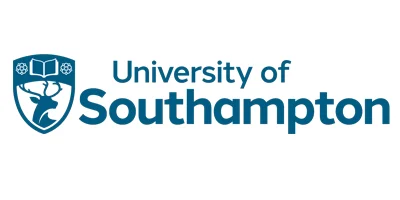Acoustical Engineering with Industrial Placement Year

Progression Summary
Acoustical engineering is the application of acoustics – the science of sound and vibration – in technology, with broad applications from the design of cars, 3D-audio systems and concert halls, to reducing aircraft noise and using ultrasound to fight antimicrobial resistance. As an acoustical engineering student, you will develop specialist knowledge of sound, vibration and their human effects, in addition to a solid foundation in a wide range of engineering fundamentals. You will learn by studying the theoretical principles of acoustical engineering alongside practical design modules and projects. During your first two years, you will study specialist modules in acoustics and audio signal processing, alongside the core principles of mechanical engineering, including mechatronics and electronics. In your third year, advanced modules and an individual project will deepen your understanding of acoustics and human responses to sound and vibration. You'll have access to our extensive facilities, including dedicated student design studios and workshops, anechoic and reverberation chambers, a listening room, aeroacoustic wind tunnel, loudspeaker audio lab and a virtual acoustics laboratory. Your Industrial Placement Year will enhance your employability, with an additional year-long paid placement in an engineering organisation. You will be able to apply the knowledge and skills that you developed during the early years of your degree, developing vital professional knowledge and skills to prepare you to become a professional engineer after graduation. Our acoustical engineering courses are accredited by the Institution of Mechanical Engineers, and offer a route to chartered status. They also meet the educational requirements for the Institute of Acoustics.

Start Date

Tuition fee
A level
AAB
UCAS Tariff
Scottish Higher
Access to HE Diploma
GCSE/National 4/National 5
Applicants must hold GCSE English language (or GCSE English) (minimum grade 4/C) and mathematics (minimum grade 4/C)
Scottish Advanced Higher
Pearson BTEC Subsidiary Diploma (QCF)
D
Extended Project
A
International Baccalaureate Diploma Programme
34 points
Pearson BTEC Level 3 National Extended Diploma (first teaching from September 2016)
Leaving Certificate - Higher Level (Ireland) (first awarded in 2017)
H1, H2, H2, H2, H2, H2
Pearson BTEC Level 3 National Extended Certificate (first teaching from September 2016)
D
Welsh Baccalaureate - Advanced Skills Challenge Certificate (last awarded Summer 2024)
A
Cambridge International Pre-U Certificate - Principal
D3, D3, M2
Full-time

Start Date

Tuition fee

Start Date

Tuition fee



